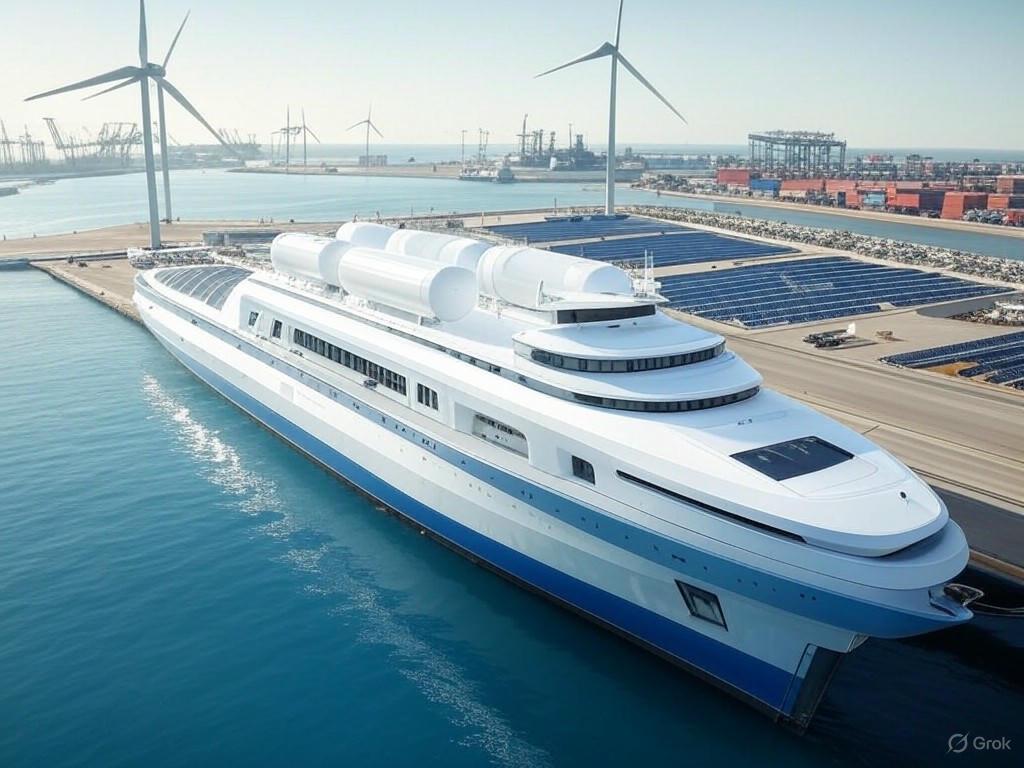The global maritime industry is navigating toward a greener horizon, with green hydrogen emerging as a pivotal player in this transformation. With pressures mounting to reduce carbon emissions, green hydrogen presents a promising solution for clean marine fuel. As a zero-emission fuel, it is key to aligning maritime practices with International Maritime Organization (IMO) objectives.
Green hydrogen is produced via water electrolysis using renewable energy, offering a path to truly carbon-neutral maritime operations. Unlike fossil fuels, hydrogen combusts to produce only water vapor, eliminating CO2 emissions. The move towards green hydrogen is largely motivated by global carbon reduction commitments and the need for sustainable energy carriers in shipping[1].
Recent projects have highlighted the potential of green hydrogen in diversifying maritime energy sources. The European Union's emissions trading system encourages innovation in this area, providing the necessary commercial incentives for maritime companies [2]. By investing in hydrogen infrastructure and enhancing regulatory frameworks, the EU aims to support widespread adoption. This aligns with broader international goals set forth by the IMO, which targets a 50% reduction in greenhouse gas emissions by 2050.
Technical challenges do remain, especially regarding efficient hydrogen storage and fuel cell integration on ships. Currently, high-pressure storage methods are prevalent, though they're limited by space constraints on ships. Innovations in cryogenic storage and metal hydride storage technologies are underway to overcome these barriers [3]. By enhancing hydrogen's efficiency and safety, these technological advancements are paving the way for full-scale integration into the maritime sector.
The maritime industry is on the cusp of a significant transition. With green hydrogen at the helm, the future of shipping not only promises reduced carbon footprints but also sustainable operations. This shift requires a collaborative approach, integrating technological innovation with robust policy support to navigate the waters of green maritime transport.
References:
1. Hydrogen: The Key to Decarbonizing the Global Shipping Industry







